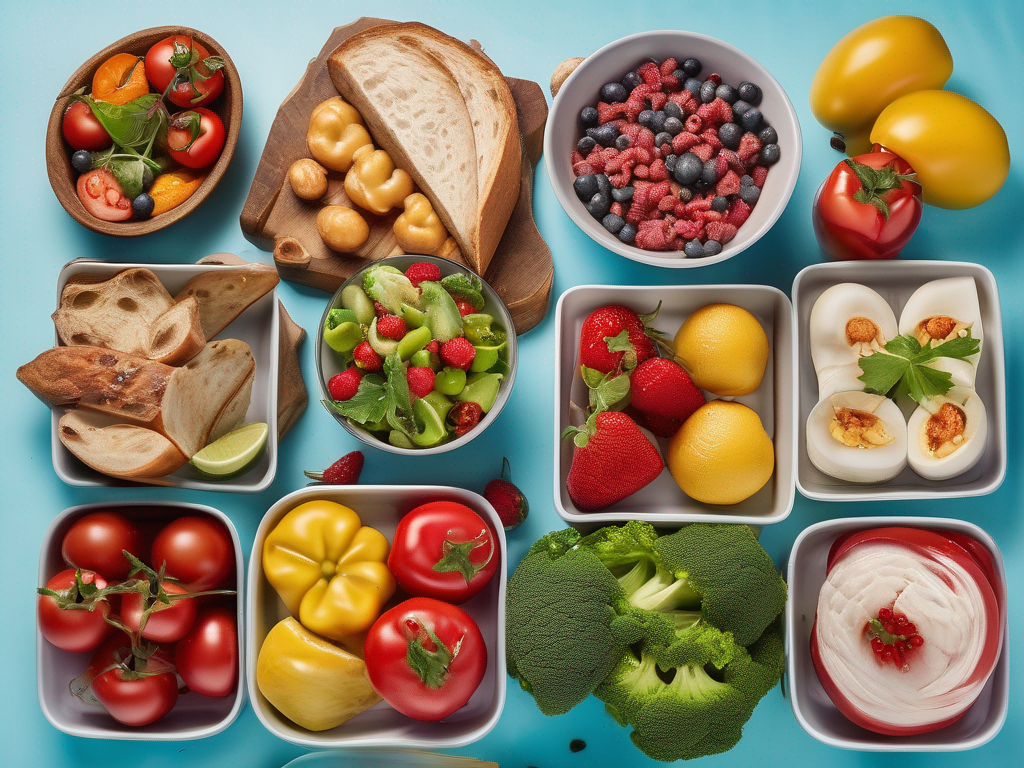
Understanding Food Expiration Dates: A Comprehensive Guide
Understanding Food Expiration Dates: A Comprehensive Guide
In today's fast-paced world, it's easy to overlook the importance of paying attention to food expiration dates. However, understanding these dates is crucial for maintaining food safety and preventing foodborne illnesses. In this comprehensive guide, we will explore everything you need to know about food expiration dates, including what they mean, how to interpret them, and practical tips for food storage.
Food Storage Essentials
Products that help you store and preserve your food better
Disclosure: As an Amazon Associate, we earn from qualifying purchases. This helps support our site and allows us to continue providing free food safety information.
What Do Food Expiration Dates Mean?
1. Best By Date
- The "best by" date indicates the date until which the manufacturer guarantees the quality of the product.
- Consuming the product after the best by date does not necessarily mean it is unsafe, but the quality may deteriorate.
2. Use By Date
- The "use by" date is the last date recommended for the use of the product while it is at its peak quality.
- Consuming the product after the use by date may pose a health risk, especially for perishable items.
3. Sell By Date
- The "sell by" date is used by retailers for inventory management and is not necessarily an indicator of food safety.
- Consumers can still safely consume the product after the sell by date if stored properly.
How to Interpret Food Expiration Dates
1. Understanding Food Labels
- Pay attention to the different types of expiration dates mentioned on food packaging.
- Familiarize yourself with common terms like "best by," "use by," and "sell by."
2. Storage Conditions
- Properly storing food items can help extend their shelf life.
- Follow storage instructions provided on the packaging to maintain freshness and quality.
Practical Tips for Food Storage
Recommended Food Storage Products
Keep your food fresh and organized with these storage solutions
Disclosure: As an Amazon Associate, we earn from qualifying purchases. This helps support our site and allows us to continue providing free food safety information.
1. Refrigeration
- Store perishable items such as dairy, meat, and poultry in the refrigerator promptly.
- Keep the refrigerator temperature at 40°F (4°C) or below to slow down bacterial growth.
2. Freezing
- Freeze items that you won't be using before their expiration date to extend their shelf life.
- Use airtight containers or freezer bags to prevent freezer burn.
3. Pantry Storage
- Keep dry goods like pasta, rice, and canned goods in a cool, dark place to maintain their quality.
- Rotate items in your pantry to ensure older items are used first.
Conclusion
Understanding food expiration dates is essential for maintaining food safety and preventing food waste. By familiarizing yourself with different types of expiration dates, interpreting them correctly, and following proper storage practices, you can ensure that the food you consume is safe and of high quality. Remember, when in doubt, it's always best to err on the side of caution and discard any expired or questionable food items. By making food safety a priority, you can enjoy delicious meals while staying healthy and safe.
Food Storage Essentials We Love
Products that help you store and preserve your food better
Disclosure: As an Amazon Associate, we earn from qualifying purchases. This helps support our site and allows us to continue providing free food safety information.
Scan your food directly and get instant safety info using our AI-powered camera feature.




